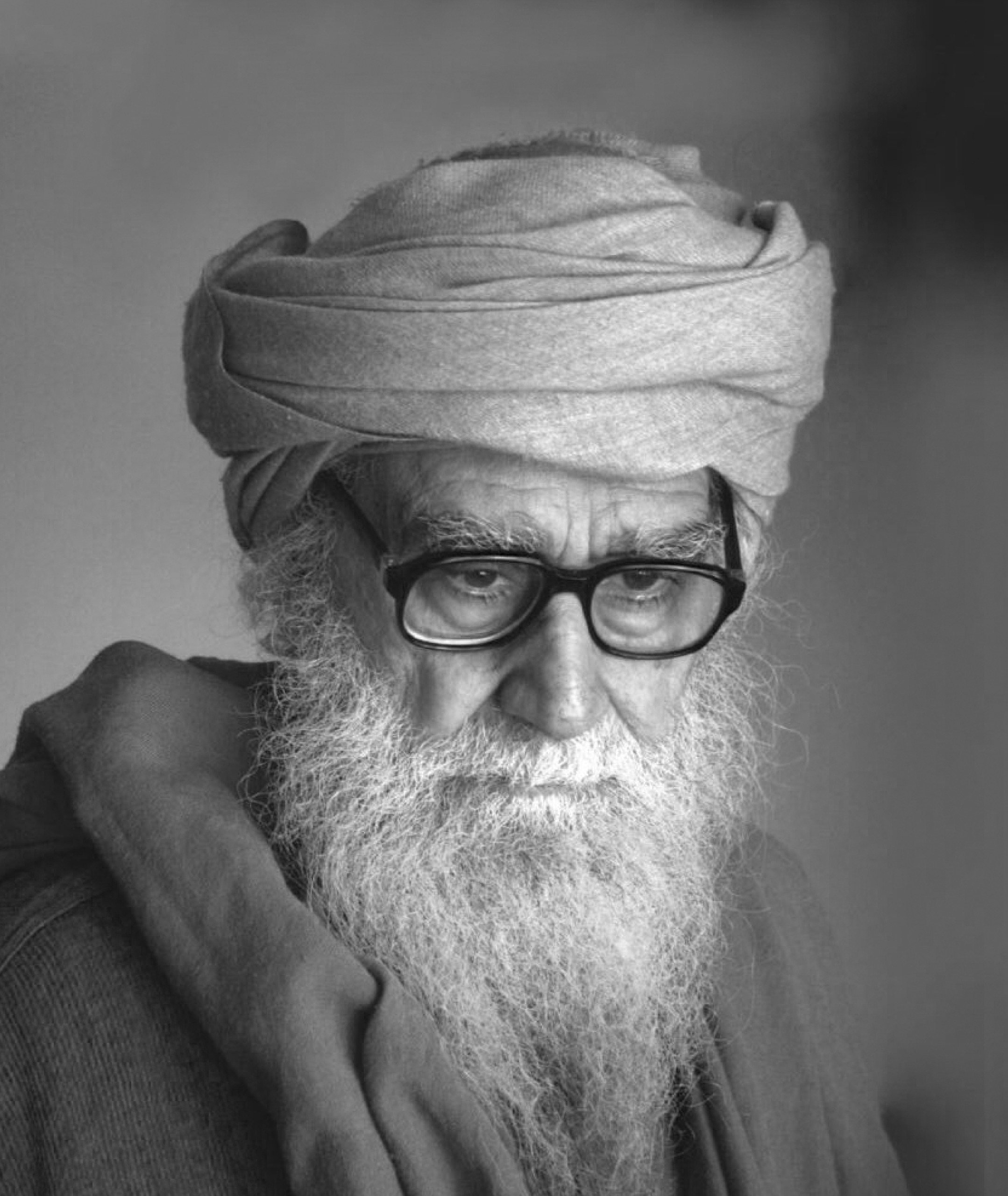FROM THE CHIEF EDITOR’S DESK
 Maulana Wahiduddin Khan, born in 1925, in Azamgarh, Uttar Pradesh, is an Islamic spiritual scholar who is well-versed in both classical Islamic learning and modern disciplines. The mission of his life has been the establishment of worldwide peace. He has received the Padma Bhushan, the Demiurgus Peace International Award and Sayyidina Imam Al Hassan Peace award for promoting peace in Muslim societies. He has been called ’Islam’s spiritual ambassador to the world’ and is recognized as one of its most influential Muslims. His books have been translated into sixteen languages and are part of university curricula in six countries. He is the founder of the Centre for Peace and Spirituality based in New Delhi.
Maulana Wahiduddin Khan, born in 1925, in Azamgarh, Uttar Pradesh, is an Islamic spiritual scholar who is well-versed in both classical Islamic learning and modern disciplines. The mission of his life has been the establishment of worldwide peace. He has received the Padma Bhushan, the Demiurgus Peace International Award and Sayyidina Imam Al Hassan Peace award for promoting peace in Muslim societies. He has been called ’Islam’s spiritual ambassador to the world’ and is recognized as one of its most influential Muslims. His books have been translated into sixteen languages and are part of university curricula in six countries. He is the founder of the Centre for Peace and Spirituality based in New Delhi.
ARAB SPRING
GULF countries are witnessing a turbulent phenomenon that is generally called the Arab Spring. Arab people themselves called it sahwa (resurgence). Everywhere there is debate regarding its result. Arab people are generally hopeful, but I am not.
According to my experience, every future result needs present preparation. Only a prepared society or educated society is the guarantee that this kind of upheaval may lead to a positive result. But I don’t think that the present Arab society is a prepared society in that sense.
Secular-minded people generally believe that the present upheaval is a journey from dictatorship to democracy. But this kind of notion can be justified only through over-expectation. Democracy cannot be achieved through a jump, that is, suddenly from dictatorship to democracy.
Democracy is not simply a change of persons from military activists to political activists. The base of democracy are institutions. Before establishing democracy we need to establish institutions and provide educational training. Without education, democracy is bound to turn into anarchy. But it is a fact that Arab countries are lacking such institutions. Those who want to bring about democracy in Arab countries need to bring about a pre-democracy revolution. Before democratic institutions, political democracy will remain a distant dream.
Recent events in Egypt present a very relevant example. There was a similar kind of Arab movement in Egypt against Farouk, former king of Egypt. It was successful in dethroning King Farouk in 1952. But what happened was that kingship was replaced by a chain of military dictators: first General Naguib, then Gamal Abdul Nasser, Anwar Saadat and finally Hosni Mubarak. Now, the leader of a political party, Mohamed Morsi, has managed to take the same seat. But because the society was not educated in the democratic sense, again Mr. Morsi is facing the same kind of problems that were faced by the previous rulers. And, there is no sign that he will prove to be an exception.
Again democracy seems to be a distant dream. It is a fact that result is the criterion. Any movement that leads to positive result is good, otherwise it is not. Change is good, but when change results in worsening the situation then change is not advisable.
First of all, people have to be educated and then institutions have to be established; only then is it possible to hold free and fair elections. Only after this can a democratic system be established in any country. And without a doubt, the Arab world is no exception.
Arab Spring is nothing but a kind of political reaction. Reaction always leads to anarchy and not democracy. The basis of democracy is democratic education and non-governmental institutions. Through these non-political activities a society is formed, and when there is a democratic society, a time comes to hold fair and free elections. From this emerges a true democratic rule.
Democracy implies contesting of elections between two parties. It is but natural that one would win and the other would lose. Then the party that loses must accept this defeat by heart. This gives a chance to the winning party to rule the country for a limited period as prescribed by law. This is the spirit of democracy as demonstrated by developed countries, in that the loser is the first to announce the acceptance of his defeat and sends his best wishes to the winner.
Acceptance of defeat is the spirit of democracy. If this spirit is lacking then what will result after elections is not a democratic rule but a new kind of politics of opposition, and the whole democratic system will be shattered. Going by the past of Egypt and also its present, one can say with certainty that the coming of Mohamed Morsi to power does not mean the coming of democracy. In terms of result, it means the coming of a new form of politics of opposition. As far as nation building is concerned, it will surely remain a distant dream in Egypt.
Maulana Wahiduddin Khan
[email protected]





